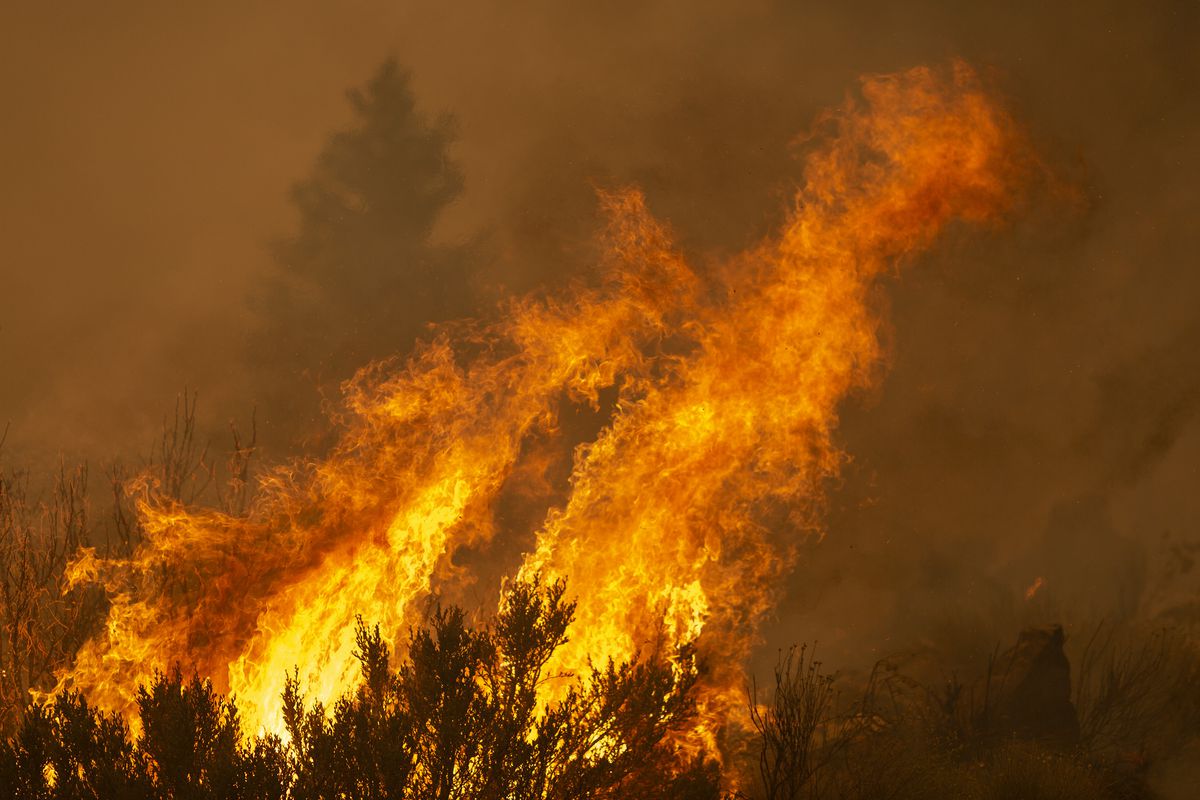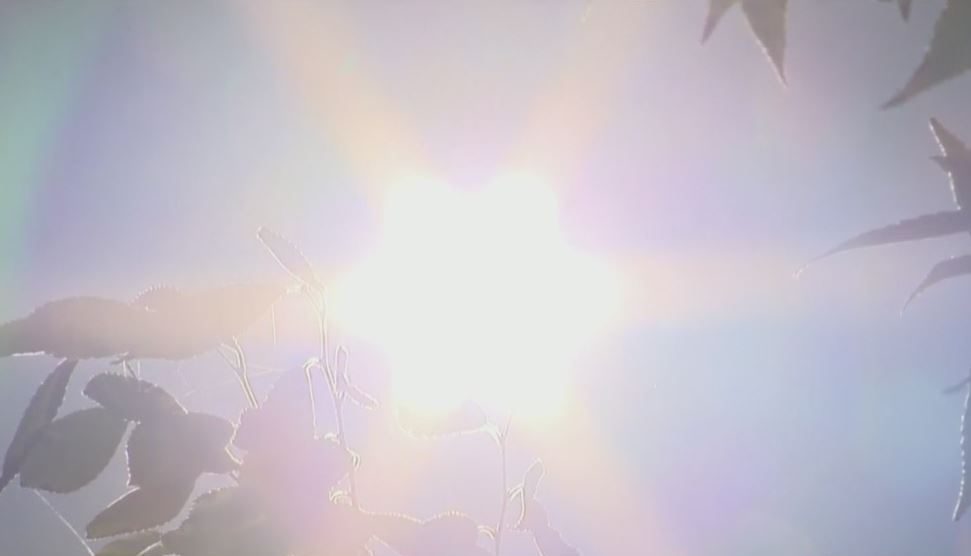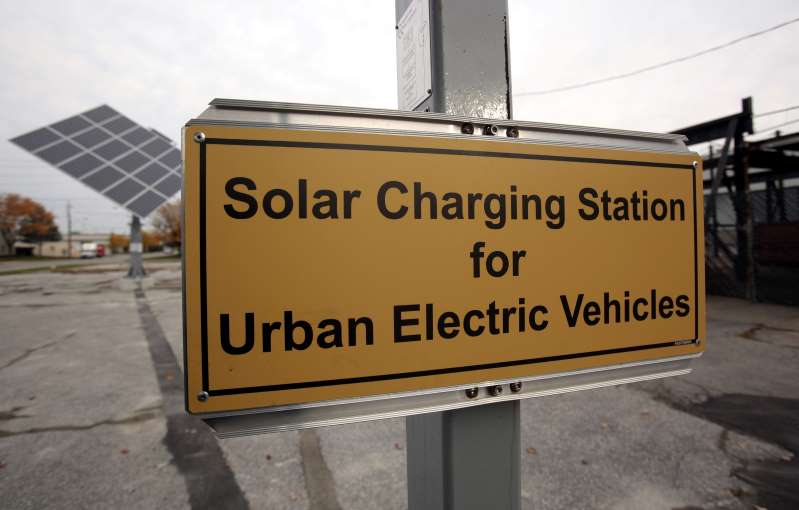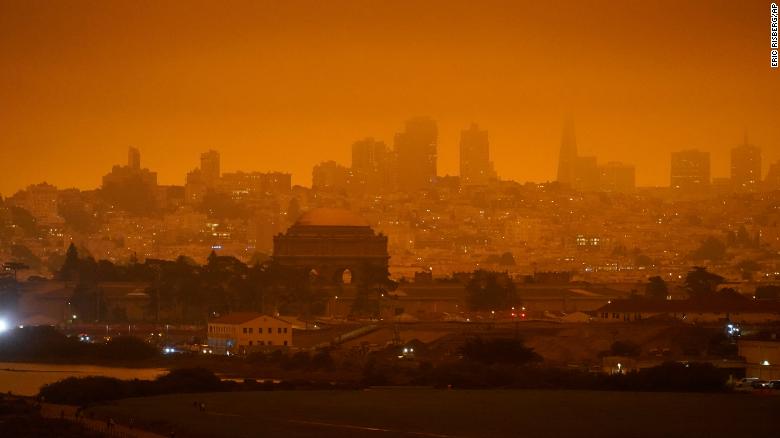Flames are seen at the Bobcat Fire in the Angeles National Forest on Thursday north of Monrovia, California. California wildfires that have already incinerated a record 2.3 million acres this year and are expected to continue until December. The West Coast wildfires are giving us a frightening look at how the ruinous cascading effects of climate change are coming faster than many scientists expected. We cannot afford to placidly ignore what is happening. Wildfires across the West, including five of California’s 10 biggest biggest wildfires on record, have burned millions of acres and killed at least 15 people. The blazes demonstrate that the domino effects of climate change caused largely by burning fossil fuels — long predicted by scientists — are here. “Many of the impacts of climate change we are seeing are laying out faster, and are greater, than what we predicted just a decade ago or so,” Michael Mann, distinguished professor of atmospheric science at Penn State University, told us on Friday. In the West, hotter weather has dried out the soil. Low soil moisture makes heat waves hotter because the cooling effect of water evaporating from the ground is reduced. Dry soil hardens and takes up […]
Click here to view original web page at chicago.suntimes.com







